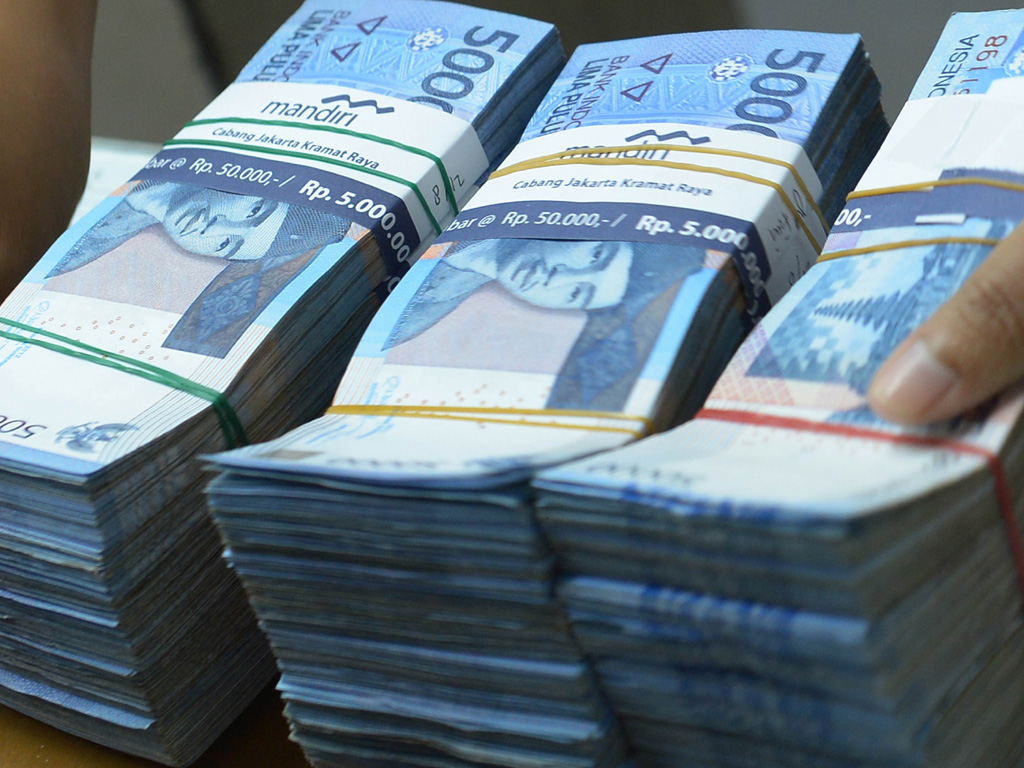 SINGAPORE: Emerging Asian currencies slipped on Friday as a downturn in equity markets, largely driven by a sell-off in technology firms, tempered risk-appetite.
SINGAPORE: Emerging Asian currencies slipped on Friday as a downturn in equity markets, largely driven by a sell-off in technology firms, tempered risk-appetite.
"You are seeing a reaction probably in terms of US equities, which were negative, emerging markets equities are also a bit mixed and then you add on top of that...commodity prices," said Saktianti Supaat, regional head of FX Research & Strategy, Maybank Group.
Overnight, losses for technology stocks dented Wall Street's three major indexes, while MSCI's broadest index of Asia-Pacific shares ex Japan shed 1.05 percent on Friday.
The world's largest contract chipmaker Taiwan Semiconductor Manufacturing Co Ltd was the catalyst for losses in the technology space after it forecast softer demand for smartphones.
The backdrop of weaker equities combined with lingering concerns over a US-China tariff standoff to dull risk appetite.
The focus in currency markets was largely on Thursday's comments from Bank of England Governor Mark Carney, which dampened expectations for a rate hike in May, and sent the British pound sliding.
The dollar index against a basket of six major currencies was a shade higher at 89.96.
The South Korean won underperformed its regional peers, losing as much as about 0.7 percent, its biggest percentage loss in two weeks. Asia's fourth-largest economy has broad exposure to the tech space, so any crunch in demand could hurt its globe-trotting manufacturers.
The won moved away from 1,060 level, a significant support in dollar-won terms, and was last fetching 1067.3 on the dollar. It had breached the level on Thursday before closing at 1,061.5.
The Taiwan dollar weakened about 0.2 percent, while both the Singapore dollar and the Thai baht lost about 0.1 percent each.
Elsewhere, the Philippine peso and the Malaysian ringgit hardly moved.
Thailand and Malaysia are due to report data on their foreign exchange reserves later in the day.
The yuan lost 0.2 percent as traders awaited clues on direction in a market that has fluctuated in a narrow band over the past weeks despite concerns about the sustainability of China's growth.
INDONESIAN RUPIAH
Indonesia's rupiah traded 0.25 percent lower in line with the generally weak risk sentiment.
On Thursday, Bank Indonesia, the central bank, kept its key interest rate unchanged as expected. The seven-day reverse repurchase rate was held at 4.25 percent, where it has been since September last year.
The decision underscored the need to maintain stability as the economy faces external pressures including higher oil prices and a potential trade war.
INDIAN RUPEE
India's rupee lost as much as 0.4 percent to its weakest since mid-March, 2017.
The weakness came even as minutes of the last meeting of India's central bank suggested it could take a more hawkish tone starting as early as June despite easing inflation.
India is due to release data on its foreign exchange reserves later on Friday.
The following table shows rates for Asian currencies against the dollar at 0519 GMT.





















Comments
Comments are closed.